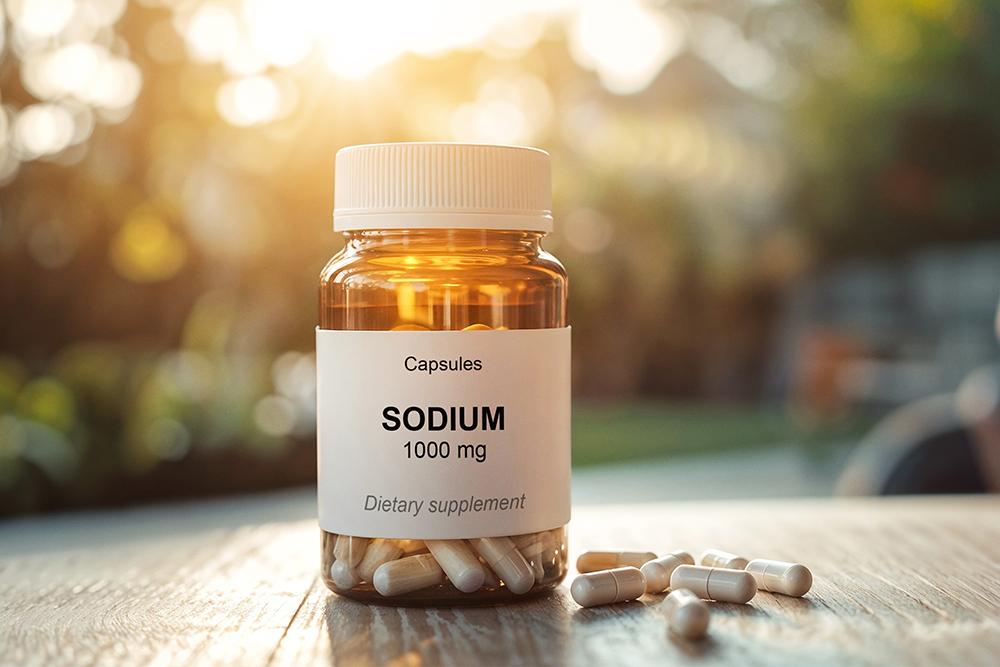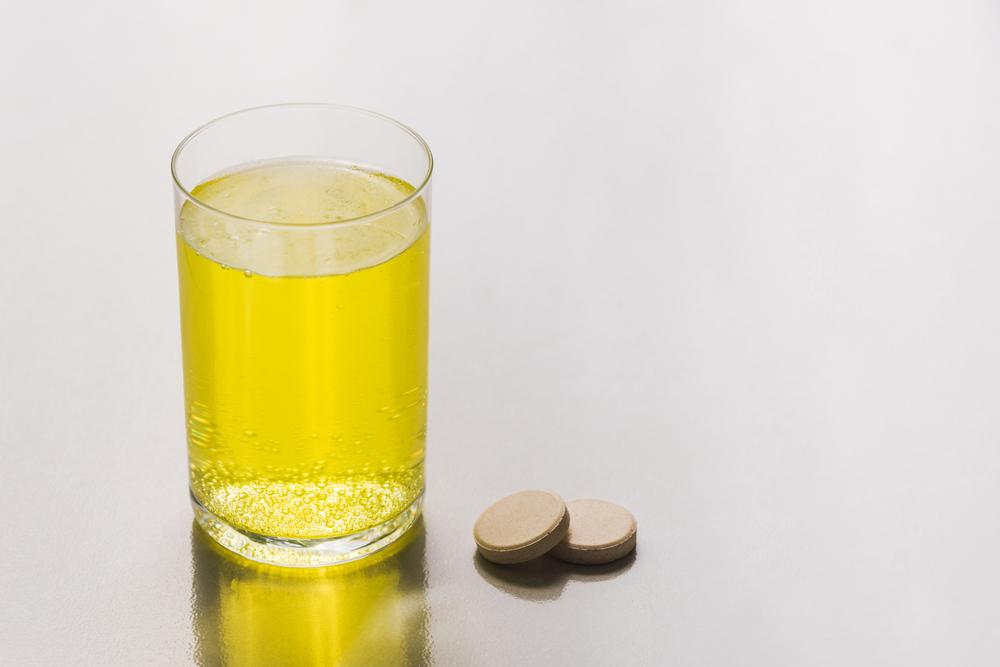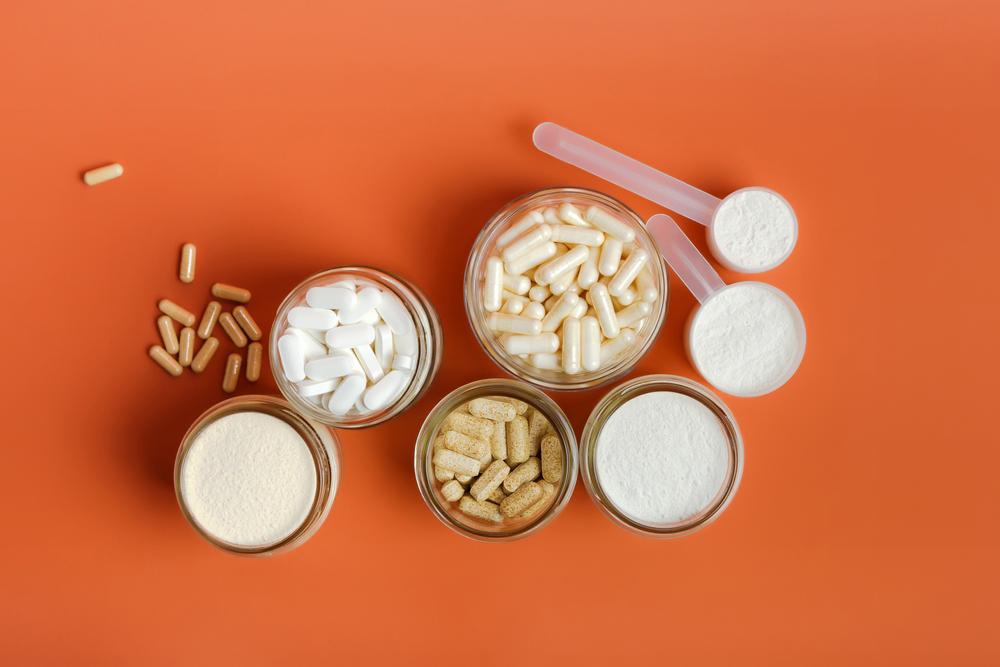You’ve probably heard the hype about collagen supplements. While collagen material can be used medically to treat burns or serious wounds, should you be taking collagen in supplement form?
Amy Eichner, PhD, the Special Advisor on Drug Reference and Supplements at the U.S. Anti-Doping Agency, weighs in with the hard truth that collagen powders aren’t necessarily as effective as you might believe.
1: Collagen is everywhere
Collagen is the main structural protein in your body and makes up much of the cartilage in joints, as well as tendons and ligaments and other kinds of connective tissue in the body. It’s really important for the basic structure of the body, says Eichner. In addition to joints and other connective tissues, it’s in our lungs, gums, eyes, organs, blood vessels, and many other tissues — collagen is the reason these tissues are strong, yet flexible and stretchy.
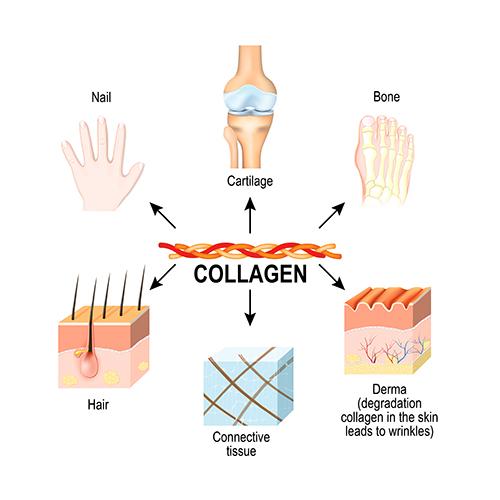
2: You may have already used collagen without realizing it
Collagen is useful as a scaffolding for all kinds of wound healing. “Collagen is used in internal sutures, so people who have surgery may receive collagen sutures (stitches) that dissolve inside the body,” says Eichner. “For instance, if you have a tendon surgery or muscle surgery, such procedures often require several layers of tissue suturing. Sutures used on the innermost layers are often made from a collagen because the material is very strong, accepted by the body, and will just gradually be replaced or dissolved by the body.”
3: You can’t take collagen to make collagen
Many athletes are interested in how you can improve your cartilage as a way to improve joint health. But to truly support collagen production in your body, taking collagen may not be the best way to do it. Collagen is an incomplete protein that, once taken, will be completely dissolved in the gastrointestinal system into its component parts. The final destiny of those component parts may be new collagen, but there’s a good chance they will be used for other things as well. In fact, Eichner explains that taking a collagen powder to improve the collagen in your joints is akin to taping an aspirin to your forehead if you have a headache.
“Eating collagen or rubbing it on your skin in a cream will not automatically shuffle more collagen peptides directly to areas of cartilage damage,” she says. “Consuming collagen isn’t a bad thing, but it’s not a complete protein. It’s very more important to consume complete proteins (proteins that contain all the essential amino acids that your body cannot make) to support all aspects of your athletic metabolism, including collagen creation.
4: Want more collagen? Eat your fruits and veggies.
Another surprising thing about collagen is that in order for your body to properly manufacture it, vitamin C is absolutely required. The chemical synthesis of collagen inside the body is energy intensive, and the presence of vitamin C makes the necessary chemical reactions possible. What happens when collagen production doesn’t happen?
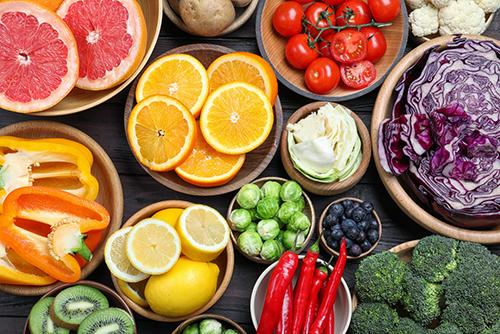 “People may be most familiar with ancient stories of scurvy, an illness suffered by sailors long ago where they would develop skin lesions, bruising, and their gums would disintegrate so their teeth fell out. Ultimately, many of them would die from internal hemorrhaging” says Eichner. “Eventually, a connection between scurvy and the lack of fresh produce was made, but it would still be hundreds of years before vitamin C was identified as the key.”
“People may be most familiar with ancient stories of scurvy, an illness suffered by sailors long ago where they would develop skin lesions, bruising, and their gums would disintegrate so their teeth fell out. Ultimately, many of them would die from internal hemorrhaging” says Eichner. “Eventually, a connection between scurvy and the lack of fresh produce was made, but it would still be hundreds of years before vitamin C was identified as the key.”
And yes, scurvy still exists today among people who don’t eat fruit or vegetables regularly. So if you want better collagen production, start with ensuring your diet has plenty of sources of vitamin C!
5: Lack of collagen production is also determined by your genes
There are 28 different types of collagen and there are many diseases associated with collagen failures, but unfortunately, most are genetic—aside from scurvy—says Eichner. “That just goes to show how critical your own body is in making collagen,” she adds. “You can’t eat collagen and then make more collagen. You can’t put it on your skin, in your hair, in your eyes with eyedrops, or anything like that to improve your joints.”
6: “Natural” collagen isn’t a “better protein”
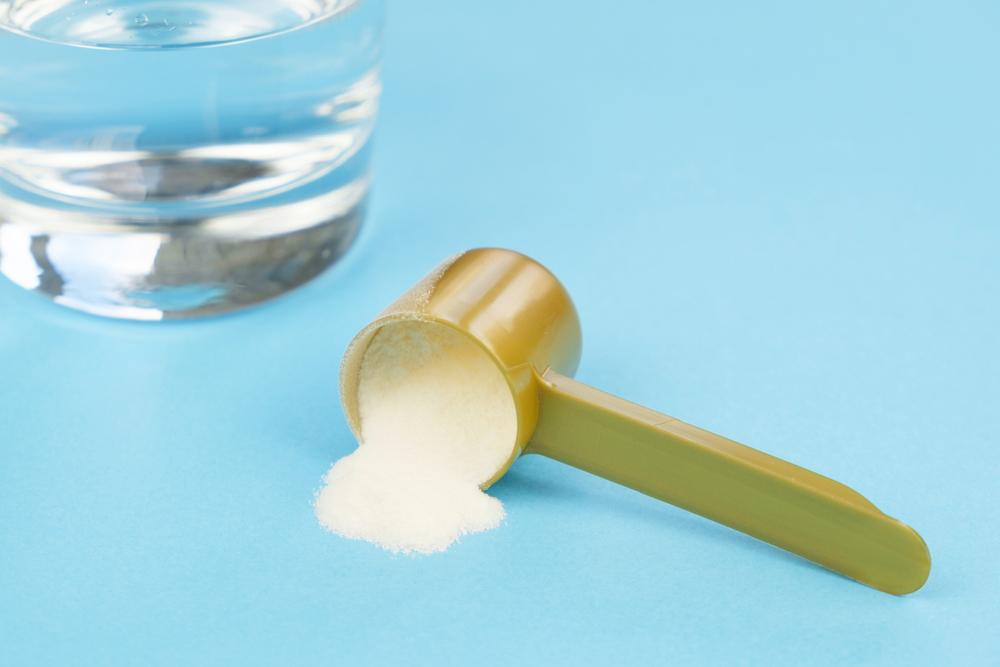 Collagen powders have a bit of a health halo around them because they contain a single ingredient and are touted as ‘clean.’ But Eichner argues that it doesn’t really matter if something is derived from something that’s natural. “A collagen powder is no less processed than a whey protein powder,” she adds. “And arguably, it’s gone through more processing than a whey protein, since whey comes directly from milk, whereas collagen needs to be derived from animal parts and enzymatically broken down.”
Collagen powders have a bit of a health halo around them because they contain a single ingredient and are touted as ‘clean.’ But Eichner argues that it doesn’t really matter if something is derived from something that’s natural. “A collagen powder is no less processed than a whey protein powder,” she adds. “And arguably, it’s gone through more processing than a whey protein, since whey comes directly from milk, whereas collagen needs to be derived from animal parts and enzymatically broken down.”
One thing is incontrovertible: Athletes do need protein to produce collagen. And ideally, athletes will turn to food first. “Food is always going to be better because there’s less risk of contamination when your proteins come from foods. Plus, you’re getting all these other things that you need, such as fiber and other micronutrients,” Eichner says. “But I think protein powders can have their place. Look for a complete whey protein that has all the amino acids and pick one that’s been third-party tested.”
___________________________
TAKEAWAY
If you’re trying to boost collagen production, skip the collagen powders and focus on a protein-rich diet of real foods that are packed with complete sources of protein instead.
